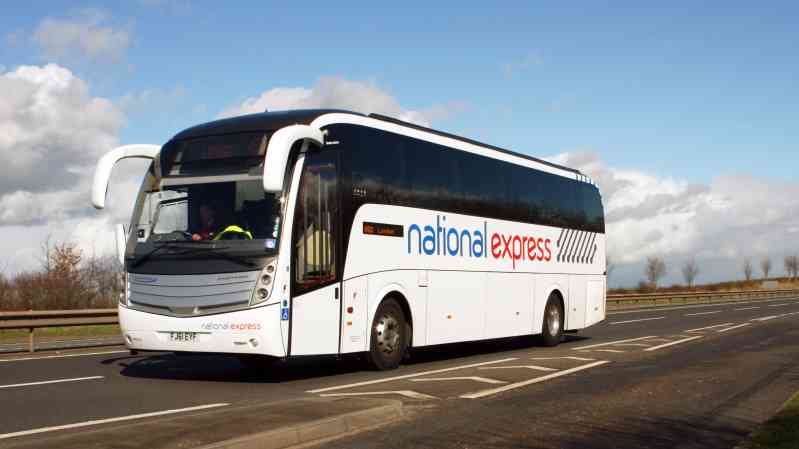Should I pass on my business now to avoid tax changes by Labour?
Q: I’m planning to retire in four years and have begun the process of passing ownership of our business to our children, but wonder if I should get a move on if Labour is looking at scrapping business property relief and raising other taxes that could clobber us?
It’s always a dilemma. Do you hold on to your assets for a rainy day, or pass them on to the next generation, ideally in a tax-efficient manner?
We are lucky that we can make tax-free unlimited gifts. However, a gift of assets that have increased in value will trigger the dreaded capital gains tax on the gain. So, while you may potentially save on inheritance tax, you lose out on capital gains tax.
That said, at the moment a trading family business qualifies for relief from inheritance tax.
Why pass on the business if it is exempt from inheritance tax?
Relief from inheritance tax is usually claimed only when you die. However, you can gift the business assets without incurring inheritance tax if you live for seven years after gifting, or you can transfer the business assets into a trust, which enables the relief to be claimed while you are alive.
This needs consideration and forward planning, especially if the government decides to abolish the relief or to cap the relief. If this is not done in sufficient time before you die, it will not help the tax bill to have your business in your estate.
The other benefit of a trading business is that it qualifies for what is called business holdover relief, allowing you to pass on your business to your children without incurring capital gains tax.
The downside of this route is the fact that it is a deferral of tax and ultimately the children will have to pay the tax instead in the future. Again, it’s a gamble. Will the government keep business relief from inheritance tax as it is, or will it change?
It’s not just about tax
Gifting your business means losing control. If you want to retain control of the business, it is worth considering the use of a family trust, whereby the business is held on discretionary terms for the children and protected from changes in their position, for example divorce or bankruptcy, and is run by you as the trustees.
Don’t forget there is also an exemption for inheritance tax for your spouse
It means the tax bill doesn’t hit until the second death for a married couple. There is an opportunity to pass on the business after the first death tax-free. This is because any tax liability connected with the increase in value of the deceased’s share of the business disappears when they die. Assets are inherited at a new base value for capital gains tax.
In the morbid way of things, the perfect solution is therefore for the survivor to inherit the business with the benefit of spouse exemption so that there is no inheritance tax and then to gift it on to the children free of capital gains tax. If the survivor lives for seven years from the onward gift, the succession planning has succeeded without any capital gains tax or inheritance tax falling due.
Other non-business assets may have gains and the only way to pass them on is to pay capital gains tax. This is not necessarily unattractive if the present rate of capital gains tax is only going to go up.
It is worth acting now
Any change in capital gains tax is likely to be effective from the day of the autumn statement, which is October 30. Transferring assets can be carried out quickly and it is possible to effect the date of the gift by a simple declaration while following up with the formalities more slowly. For instance, you can declare that you hold a rental property for your children as of today’s date but update the Land Registry in due course.
There is much speculation around the future of inheritance tax generally. It is accepted that the reliefs, bands and rates are unlikely to become more favourable.
With this in mind, reducing your estate to the assets you need to live out your life in the manner you want to without holding on to assets you do not need is the sensible approach.
This must be balanced with the need to consider your children’s position and whether loading their estates with additional assets is wise.
Camilla Bishop is a partner at solicitors’ firm Keystone Law




Post Comment